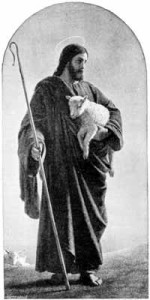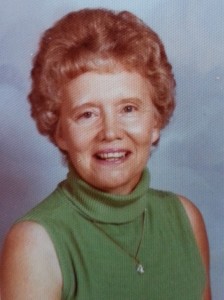While the dance idea may suit some believers as they launch into a transforming life in Jesus, the metaphor likely won’t attract others. A mountain-climbing expedition may. The apprenticing pilgrim takes on a rigorous life if he is seriously chasing the call of Jesus: Follow me.
More rigorous than a climber striking out for, say, Africa’s highest mountain peak. Our family lived and served among the Chaga people in the foothills of the majestic mammoth.
School break had set in for our two oldest. “Shall we give Kili a try?”
What parent adopts a fairy-tale voice and launches into a children’s story (the Little Red Choo-choo Train) for a teenaged son or daughter? In a public setting, no less.
Maybe it can inspire them to go the full distance (Kilimanjaro’s 19,000-foot summit) once we set out from this base camp. As the fairy-tale unfolded, fourteen-year-old Scott lazered his attention to a hiking boot as if the world’s survival depended on his rightly adjusting a small stone beneath it. Anything to distance his association with the backpack-laden man prattling on with “I think I can, I think I can. . .” Julie, two years his senior, simply rolled her eyes.
The truth was, we were in for the most daunting test of our stamina and will we had ever faced.
Hiking miles upward to Africa’s loftiest point, with its scarce oxygen and precarious steeps, calls for all the reserves a climber can summons. Reaching Kili’s snowy rim demands three things. Vision, intention and means.
A brilliant and beloved U.S.C. professor and gospel minister, Dallas Willard, strung this trio of nouns – Vision, Intention, Means – together when coaching Christ-followers toward best practices in their quest to become like Jesus. Willard often used the word apprentice when speaking of a disciple.
“An apprentice of Jesus is learning from him how to lead their life as he would lead their life if he were they.”
My own long and incompleted walk towards transformation into Christlikeness – winding trails (often upward, at other times plateaued, even descending) – stirs added memories from the 1989 Kilimanjaro venture. Our little trio in the company of our guide.
The climb would have met with failure but for our guide.
©2018 Jerry Lout


 ***
***
